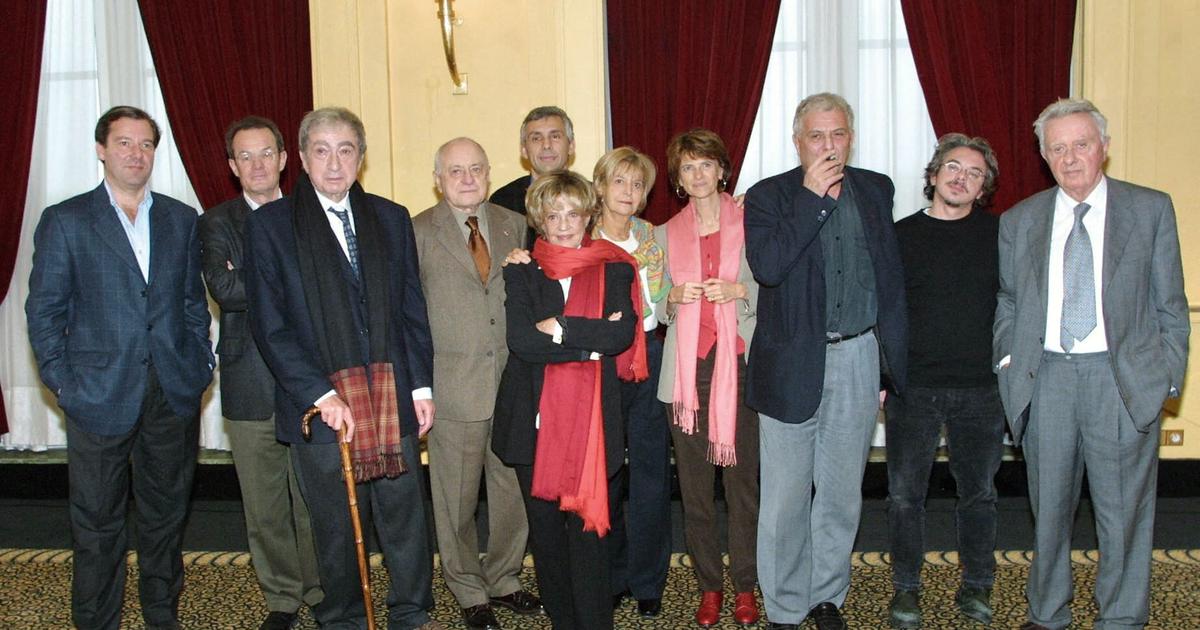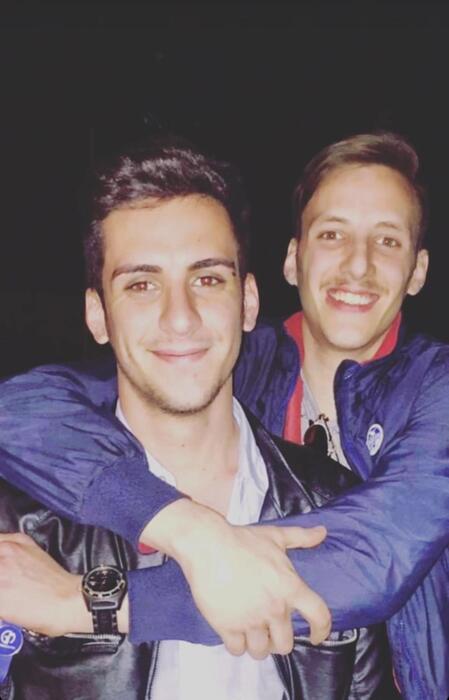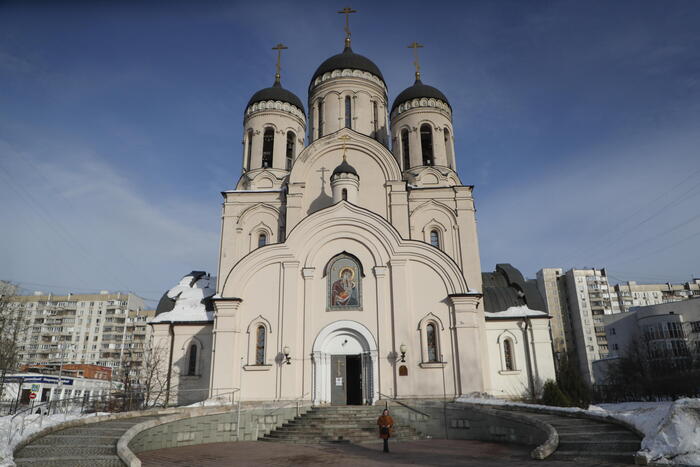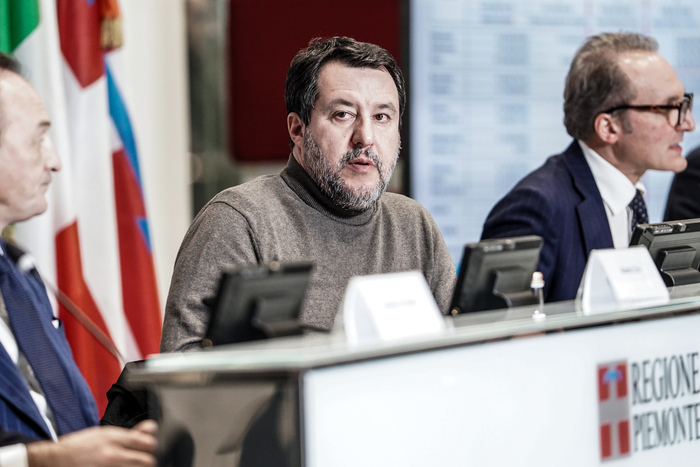Les Lettres has just lost one of its greatest essayists, Pietro Citati, who died on Thursday July 28, at the age of 92.
A "brilliant and versatile" writer, as Il Corriere della Sera, a daily to which he had collaborated for a long time, described him as a literary critic
Born in Florence in 1930, into an aristocratic family from Sicily, Pietro Citati did not follow the academic or university path, preferring to devote most of his time to reading and literary criticism, from the classics Greco-Latin until Vladimir Nabokov.
His first essay, devoted to Goethe, and published in 1970, was a masterstroke, crowned by the Viareggio prize.
It was the first of a long series of portraits, most of which have been translated into French by Gallimard.
He himself defined himself as a “perfect dilettante” (“assoluto dilettante”), even if it meant being seen by some as “precious and pedantic”.
Virginia Woolf, Simone Weil, Therese of Avila...
After Goethe, Citati gave his reading of other great authors or characters, such as Alexander the Great, Katherine Mansfield, and Tolstoy, for which he was rewarded in 1984 with the Strega prize, the equivalent of our Goncourt prize.
His biography of Kafka followed in 1987, an essay on Proust and In Search of Lost Time (La Colombe poignardée), a particularly erudite commentary on the Illiad and the Odyssey, a summation on the poet Giacomo Leopardi, and a original commentary by Don Quixote.
In the meantime, he has composed a gallery of portraits of novelists and poets with tragic destinies, bringing to life in the pages of Portraits of women, Virginia Woolf, his compatriot Anna Maria Ortese, Marina Tsvetaeva, Karen Blixen, Simone Weil, or even Thérèse from Ávila.
Without forgetting The Death of the Butterfly (La colomba pugnalata) on the infernal couple formed by Scott and Zelda Fitzgerald.
Pietro Citati had even ventured down the paths of biographical fiction, with a family novel published in 1989, partly inspired by the story of his grandparents at the beginning of the 19th century: History that was happy, then painful and disastrous, crowned by the foreign Medici prize in 1991.
His latest book, published last year, brought together a collection of texts on Russian literature, ranging from Dostoyevsky to Chalamov and Bulgakov, via Chekhov and Gogol.
Its title: Dostoevskij: senza misura.
In addition, there was an unpublished letter from his friend Federico Fellini, about his book on Tolstoy, published in 1984.















